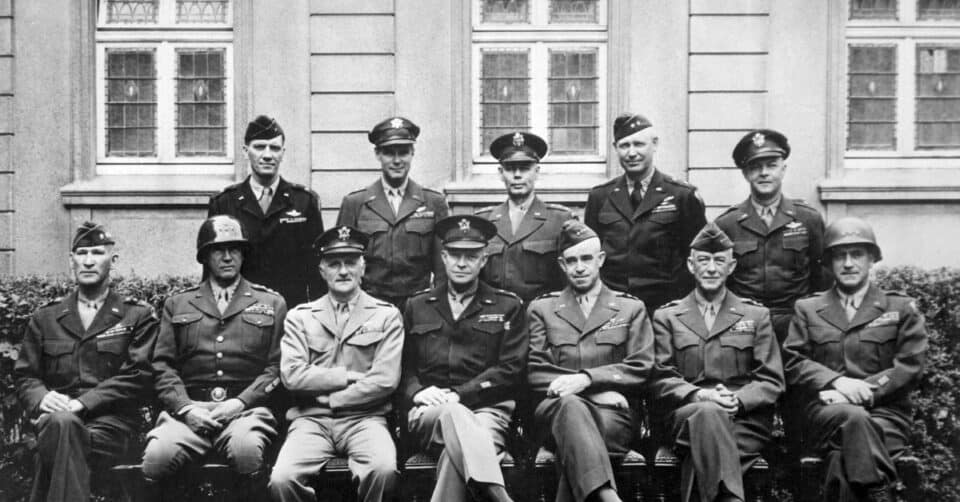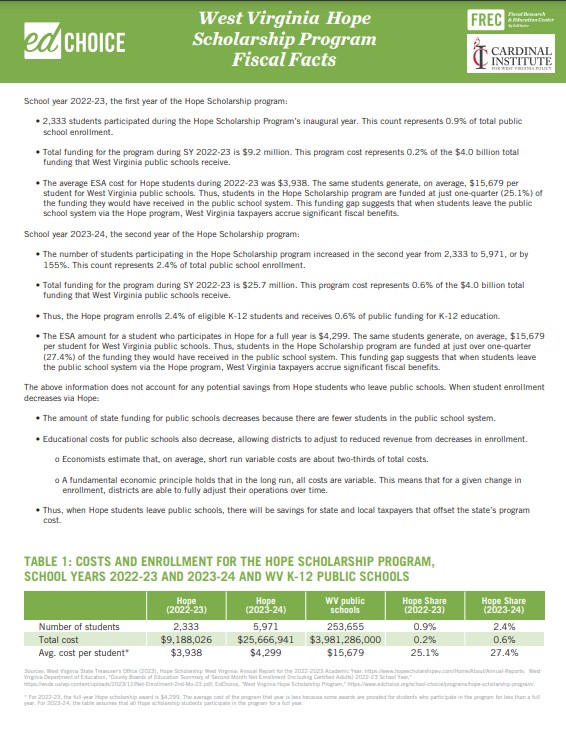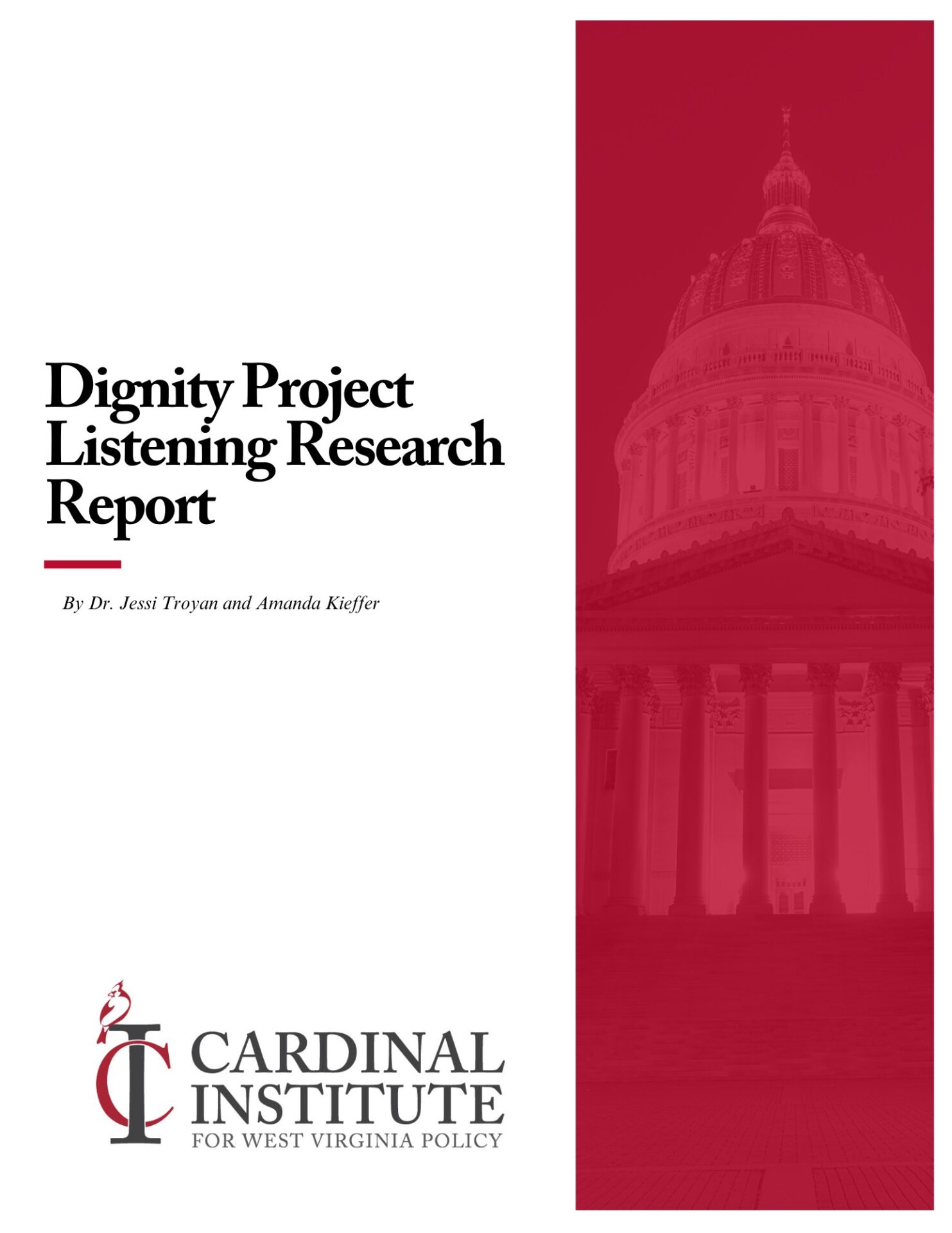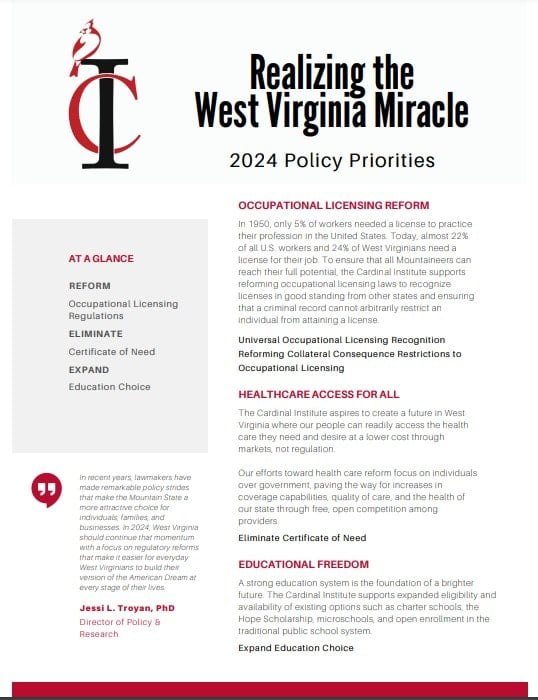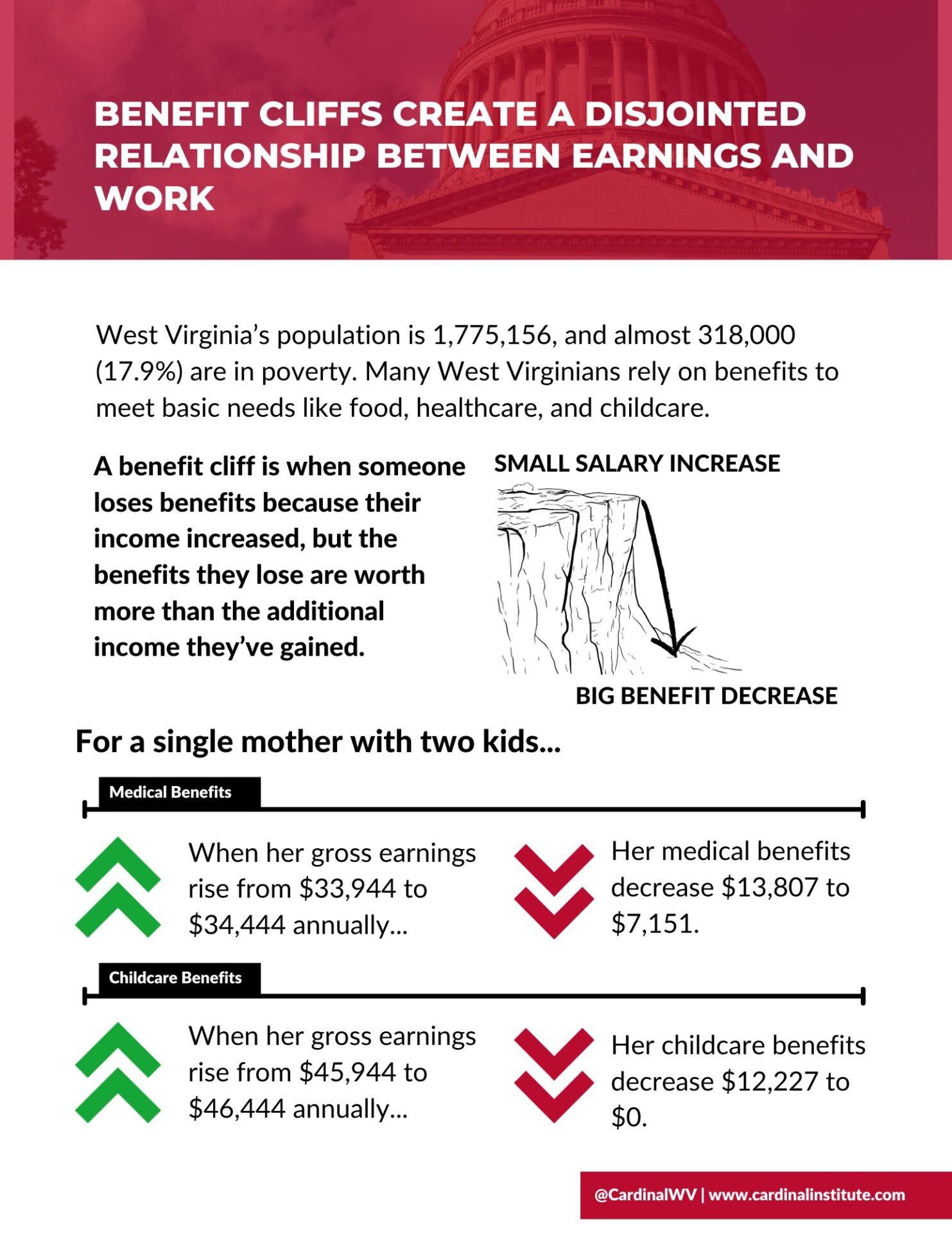In addition to the Hope Scholarship Program, West Virginia is currently preparing for the implementation of its charter school program. Charter schools were legalized to, “empower new, innovative, and more flexible ways of educating all children.” With the expansion of the program in 2021, West Virginia continues to stand as a national leader for school choice. The purpose of this post is to provide families with an overview of the charter school law. My hope is that this will help you make an informed decision while planning for the 2022-2023 academic year.
What is a charter school?
A charter school is defined as “a tax-supported school established by a charter between a granting body (such as a school board) and an outside group (such as teachers and parents) which operates the school without most local and state educational regulations so as to achieve set goals.” With this definition in mind, charter schools are public schools and part of the state’s public education system. Because of this, they are required to follow the same admissions policies as a regular public school with a slight caveat. The number of students that can be admitted into charter schools is capped by law. A county-level charter school cannot enroll more than 10% of the county’s student enrollment levels. The law limits a statewide virtual charter school to 5%.
Legal Definitions
HB 2012 allows for four different types of charter schools. The definitions are listed in HB 2012 §18-5G-2:
- Conversion public charter school: existed as a non-charter public school before becoming a public charter school. The law does not allow existing private schools to be converted into charter schools.
- Full-time virtual public charter school: offers educational services predominantly through an online program.
- Public charter school: a public school or program within a public school that is authorized in accordance with the provisions of this article and meets the general criteria, governance structure and statutory compliance requirements described in §18-5G-3. This definition deals with already approved non-virtual charter schools and encompasses the definition below.
- Start-up public charter school: did not exist as a non-charter public school prior to becoming a public charter school.
Currently, there are no conversion public charter schools in West Virginia. There are two full-time virtual charter schools, and the rest are start-up charter schools.
History of charter schools in West Virginia
Charter Schools are a new addition to West Virginia. They were first legalized in 2019 with the passage of the Education Omnibus Bill HB 206 which authorized 3 pilot charter schools until 2023, when three more could be authorized. However, that law was amended in 2021 when Governor Justice signed HB 2012.
The new law expanded the charter school program and built on the foundation laid in HB 206. The first key element of the bill is that it increased the number of charter schools from 3 to 10 brick and mortar schools. It also legalized virtual charter schools for the first time and limited them to two statewide and one per-county. HB 2012 makes clear that the virtual charter schools and the conversion of the Mountaineer Challenge Academy, an at-risk youth program, do not count towards the statutory limit. This bill also created the West Virginia Professional Charter School Board (WVPCSB) to serve as an authorizer. Every three years 10 more charter schools may open.
Who Oversees Charter Schools?
The West Virginia Board of Education (WVBoE) is responsible for a variety of program components. These include overseeing charter schools, applying for federal funds designated for charter schools, providing forms to assist authorizers, handling appeals of denied applications, and more. The board is also responsible for setting up the funding formula which will handle questions such as student payment and requiring that public charter schools follow federal funding requirements.
In accordance with the law, there are four entities that can serve as authorizers. An authorizer, as defined in §18-5G-2(2) as “the entity empowered under this article to review applications, decide whether to approve or reject applications, enter into charter contracts with applicants, oversee public charter schools, and decide whether to renew or not renew charter contracts.”
The West Virginia Professional Charter School Board is the authorizer that approved all five charter school applications. The next authorizer is a single county board of education, which has the jurisdiction when the recruitment area for a charter is school is wholly within the county they govern. Multiple county boards of education can also serve as authorizers when the primary recruitment area stretches multiple counties. Finally, the WVBoE can serve as an authorizer if they have intervened in a county’s education system where the application is originating. They can also intervene if a county board of education requests that they serve as the authorizer.
How to Start a Charter School
The law lays out the framework for the application process. Currently, five charter schools, two of which are virtual, have been approved and are set to open in West Virginia for the 2022-2023 academic year. The law states that in order to apply to become a charter school applicants must have obtained or applied for 501(c)(3) tax-exempt status and filed an application with the authorizer. Applications must be submitted by August 31 of the year before operations commence.
The application process to establish a charter school is explained in §18-5G-8 of the West Virginia Code. Applicants must include a mission statement, five-year budget, proposed structure, plans for student enrollment, a proposed personnel policy handbook, and more. According to the legislation, authorizers have 90-days to either approve or reject the application. Failure to act in the appropriate timeframe is deemed as approval for the application.
Within 90 days after approval of the application, the governing board of the charter school and the authorizer will enter into a charter contract. The charter contract must exist for a five-year term. A charter school cannot commence operations without a charter contract. The law requires a performance review of the charter school’s operation by no later than June 30th of their fourth year in operation. The performance review will determine if the authorizer seeks to renew the charter contract. The reasons for denial include failure to comply with provisions of law, material violations, and the safety and health of the students. The school’s governing body has the right to appeal the decision to not renew. Upon the performance review and the decision to renew, a renewal application will be submitted to the charter school. Failure to act on the renewal application will be deemed as renewal.
Conclusion
West Virginia has come a long way towards quality education. The introduction of charter schools promises to provide diverse options and opportunities for students to meet their education needs. There is a long way to go, but we are heading in the right direction.
Andrew Bambrick is the Education Outreach Coordinator for the Cardinal Institute for West Virginia Policy.




